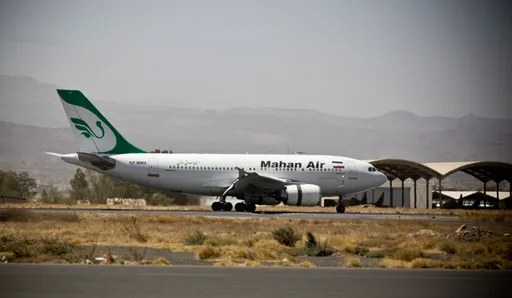The first astronauts for China's new space station have blasted off for the country's longest crewed mission to date, a landmark step in establishing Beijing as a major space power.
The trio launched on Thursday on a Long March-2F rocket for the Tiangong station, where they will spend three months.
Liftoff took place at 9:22 am local time (0122 GMT) from the Jiuquan launch centre in northwest China's Gobi desert.
Their Shenzhou-12 spacecraft will dock with the Tianhe main section of the space station, which was placed in orbit on April 29.
The module has separate living spaces for each of them, a treadmill for exercise, and a communication centre for emails and video calls with ground control.
It is China's first crewed mission in nearly five years.
READ MORE:China launches probe to bring back lunar material
Matter of huge prestige in China
The launch represents a matter of huge prestige in China, as Beijing prepares to mark the 100th anniversary of the ruling Communist Party on July 1 with a massive propaganda campaign.
To prepare for the mission, the crew has undergone more than 6,000 hours of training, including hundreds of underwater somersaults in full space gear.
The mission's commander is Nie Haisheng, a decorated air force pilot in the People's Liberation Army who has already participated in two space missions.
The two other members are also members of the military.
Over the next year and a half, another 11 missions are planned to complete the construction of Tiangong in orbit.
The first crew will test and maintain the systems onboard, conduct spacewalks and undertake scientific experiments.
READ MORE:Autobots, roll out! China lands on the dark side of the moon
Ban on US astronauts on ISS
China's space ambitions have been fuelled in part by a US ban on its astronauts on the International Space Station, a collaboration between the United States, Russia, Canada, Europe and Japan.
It is due for retirement after 2024, even though NASA said it could potentially remain functional beyond 2028.
The Chinese station reportedly is intended to be used for 15 years and may outlast the ISS, which is nearing the end of its functional lifespan.
READ MORE:The race for space colonisation and limitless wealth is already here























